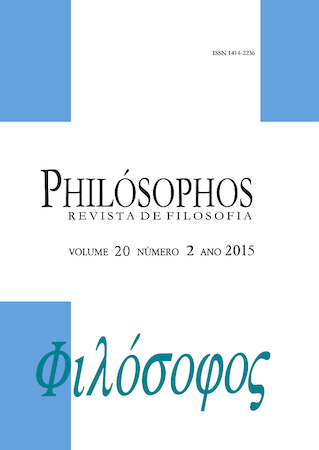RELIGION: BEYOND THE ACCESSIBILITY OF AN ARCHAIC EXPERIENCE
DOI:
https://doi.org/10.5216/phi.v20i2.37874Keywords:
Rites, Myths, Social solidarity, Individualization.Abstract
This article reconstructs Habermas hypothesis that in the sacral complexity the rite precedes the myth and that could explain the permanence of religion as archaic source of solidarity even in the context of the secular world. Mythical narratives, in confrontation with science, shall lose the capacity to explain the world while the religious rites are still able to produce social integration and to collaborate for the construction of identities, at least for those who manifest such sensibility. Confrontation is stablished with Charles Taylor positions, not directly about the hypothesis mentioned above but about the assumptions, that inspires it. Taylor sees the religious experience as generated in the present, an opening to transcendence of the internal modern immanent order, capable to offer therapy to pathologies of a modernity that, even accomplished great advances, has the risk of self-encapsulation.
Downloads
Downloads
Published
How to Cite
Issue
Section
License
Authors who publish in this journal agree to the following terms:
- Authors retain copyright and grant the journal right of first publication, with the work simultaneously licensed under a Creative Commons Attribution License that allows others to share the work with an acknowledgement of the work's authorship and initial publication in this journal.
- Authors are authorized to enter into separate, additional contractual arrangements for the non-exclusive distribution of the journal's published version of the work (e.g., publishing in an institutional repository or as a book chapter), with an acknowledgement of its authorship and initial publication in this journal.















